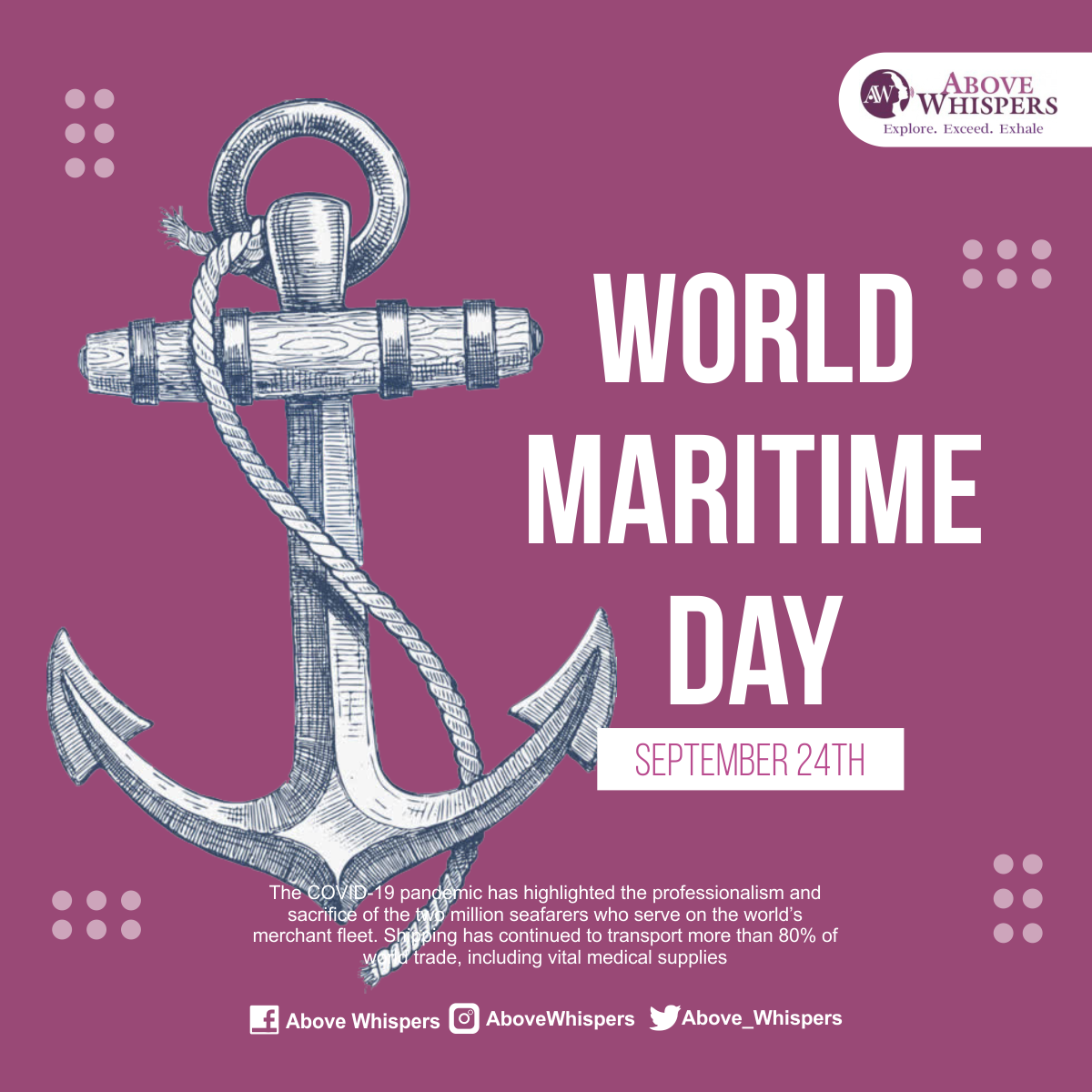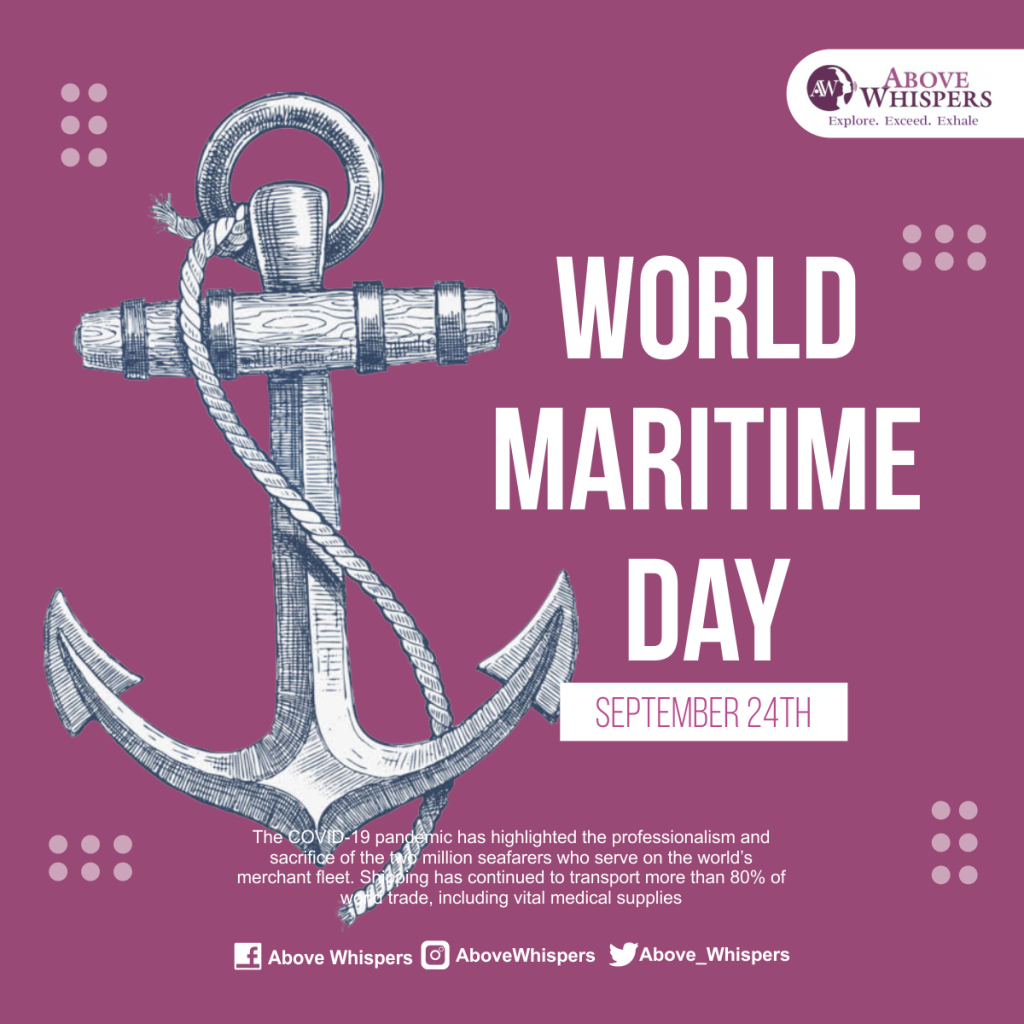The COVID-19 pandemic has highlighted the professionalism and sacrifice of the two million seafarers who serve on the world’s merchant fleet. Shipping has continued to transport more than 80% of world trade, including vital medical supplies, food and other basic goods that are critical for the COVID-19 response and recovery – but hundreds of thousands of seafarers face a humanitarian crisis as they have been stranded at sea, unable to get off the ships they operate with contracts extended by many months. This needs to be addressed urgently, through Governments designating seafarers as essential workers and ensuring safe crew changes can take place.

2020 Theme: Sustainable Shipping for a Sustainable Planet
The theme for this year is “Sustainable shipping for a sustainable planet,” which provides an excellent opportunity to raise awareness of the United Nations’ Sustainable Development Goals (SDGs) and to showcase the work that the International Maritime Organization (IMO) and its Member States are undertaking to achieve the targets. The theme will provide opportunities for leaders from various sectors, including shipping, to both reflect on the work done and the urgent steps they further plan towards a sustainable future.
The shipping industry, with the support of the IMO regulatory framework, has already started the transition towards this sustainable future. IMO has adopted and will continue to develop measures to cut greenhouse gas emissions, reduce the sulphur content of ships’ fuel oil, implement the Ballast Water Management Convention, protect the polar regions, reduce marine litter, improve the efficiency of shipping through the electronic exchange of information, meet the challenges of the digitalization of shipping and enhance the participation of women in the maritime community.
The COVID-19 pandemic has highlighted the professionalism and sacrifice of the two million seafarers who serve on the world’s merchant fleet. Shipping has continued to transport more than 80% of world trade, including vital medical supplies, food and other basic goods that are critical for the COVID-19 response and recovery – but hundreds of thousands of seafarers face a humanitarian crisis as they have been stranded at sea, unable to get off the ships they operate with contracts extended by many months. This needs to be addressed urgently, through Governments designating seafarers as essential workers and ensuring safe crew changes can take place.
This year’s World Maritime Day will be celebrated on 24 September 2020 in the form of an online event, due to social distancing measures caused by the pandemic.
Background
International shipping transports more than 80 per cent of global trade to peoples and communities all over the world. Shipping is the most efficient and cost-effective method of international transportation for most goods; it provides a dependable, low-cost means of transporting goods globally, facilitating commerce and helping to create prosperity among nations and peoples.
The world relies on a safe, secure and efficient international shipping industry, which is an essential component of any programme for future sustainable green economic growth in a sustainable manner.
The promotion of sustainable shipping and sustainable maritime development is one of the major priorities of IMO in the coming years. Therefore, energy efficiency, new technology and innovation, maritime education and training, maritime security, maritime traffic management and the development of the maritime infrastructure: the development and implementation of global standards covering these and other issues will underpin IMO’s commitment to provide the institutional framework necessary for a green and sustainable global maritime transportation system.

